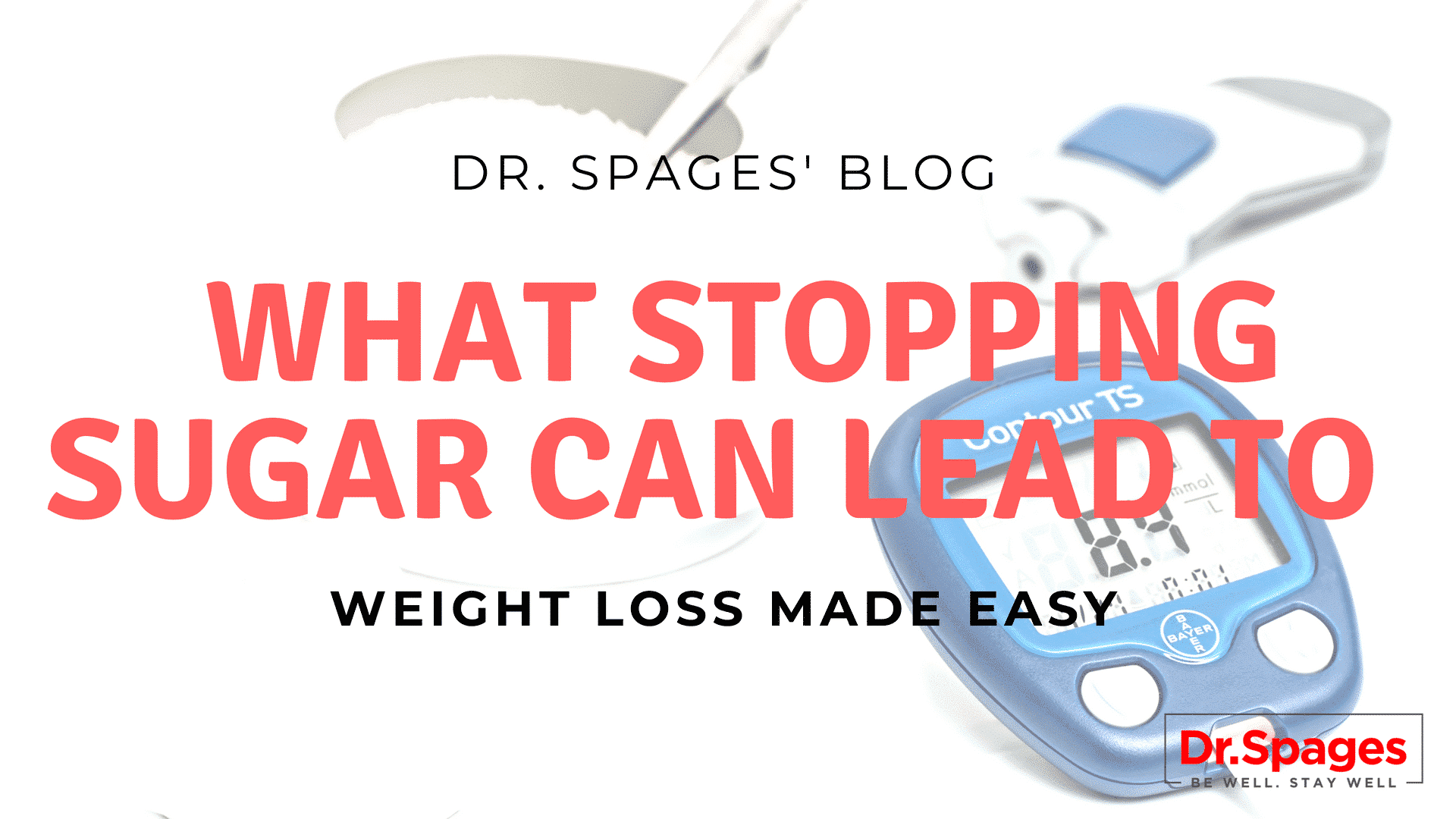
The Hidden Dangers of Sugar: Why Cutting Back Can Transform Your Health
Why Quitting Sugar Can Feel Like Withdrawal—and How to Overcome It
The Shocking Truth About Sugar Addiction
When people compare sugar to drugs, they’re not exaggerating. As a doctor specializing in diabetes, I’ve seen firsthand how sugar affects the brain in ways that resemble drug addiction. Cutting it out of your diet can lead to withdrawal-like symptoms, but understanding why this happens can help you take control of your health and break free from sugar dependency.
The Science Behind Sugar Cravings
Imagine a group of mice deprived of food for 12 hours. When given their usual food and a sugar solution, they quickly develop a preference for sugar. Over time, they begin displaying withdrawal symptoms—depression, anxiety, and agitation—when the sugar is removed.
In another experiment, researchers exposed two groups of mice to addictive substances: one group to sugar and the other to cocaine or morphine. Shockingly, the sugar-exposed mice became addicted to drugs faster than those who had never tasted sugar before. This is because sugar stimulates dopamine production in the brain, creating a cycle of dependence. The more sugar you consume, the more your body craves it—just like with addictive substances.
What Happens When You Quit Sugar?
Deciding to stop sugar can be tough. If you’ve ever tried cutting it out completely, you might have experienced symptoms like fatigue, irritability, mood swings, and intense cravings. This happens because your body has become accustomed to sugar’s quick energy boost.
The good news? If you push through the initial discomfort—typically lasting about a week—your body will adapt. You’ll start noticing increased energy, improved sleep, reduced hunger, and clearer thinking. Your body can—and will—adjust to a lower sugar intake.
How to Reduce Sugar Without the Side Effects
One of the biggest challenges in reducing sugar is that it’s hidden in so many processed foods. Even seemingly “healthy” items contain added sugars, making it difficult to quit cold turkey. Here are some key steps to help you ease off sugar without the withdrawal effects:
- Gradually decrease your sugar intake instead of quitting suddenly.
- Replace processed sugar with natural alternatives like fruits.
- Eat more protein and healthy fats to balance blood sugar levels.
- Stay hydrated and get plenty of sleep to reduce cravings.
- Read food labels carefully and avoid products with added sugars.
Overcoming Sugar Withdrawal for Good
If you’ve been struggling with sugar addiction, know that you’re not alone. As a doctor specializing in reversing diabetes, I’ve helped many patients successfully transition to a healthier lifestyle. The key is understanding that your body can adapt—and that the long-term benefits far outweigh the short-term discomfort.
Are you ready to take control of your health and eliminate sugar cravings for good? Book a call with me today, and let’s create a personalized plan to help you transition to a healthier, sugar-free life. Click here to schedule your consultation: Book a Call Now


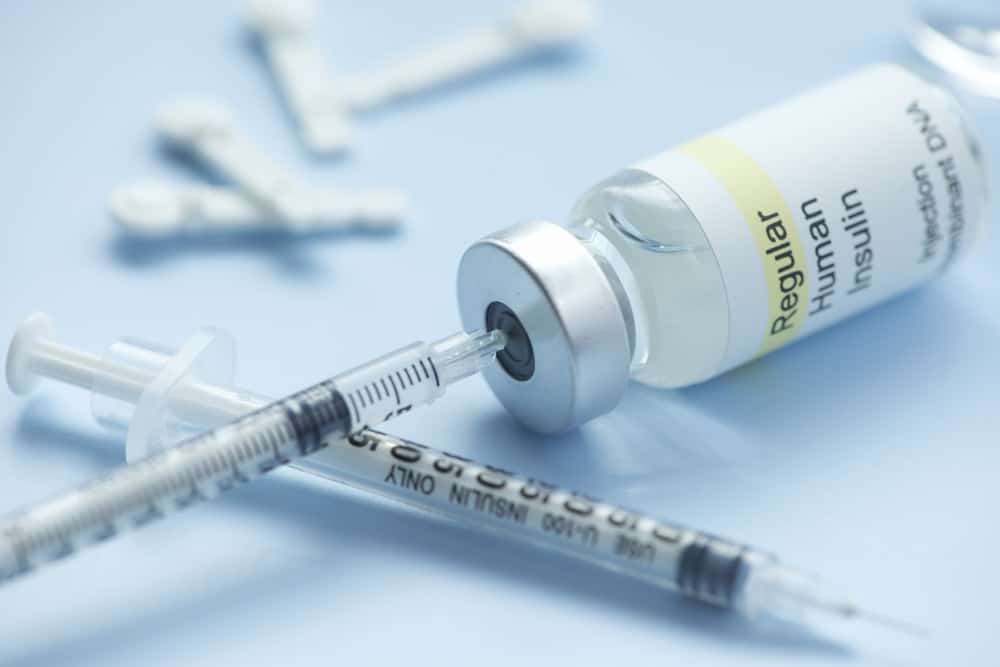

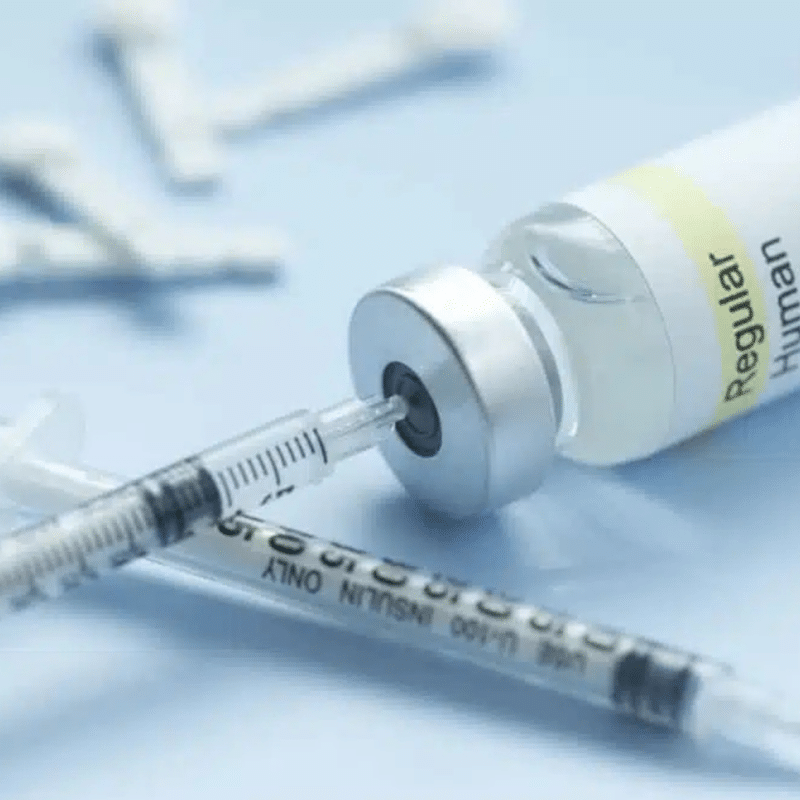
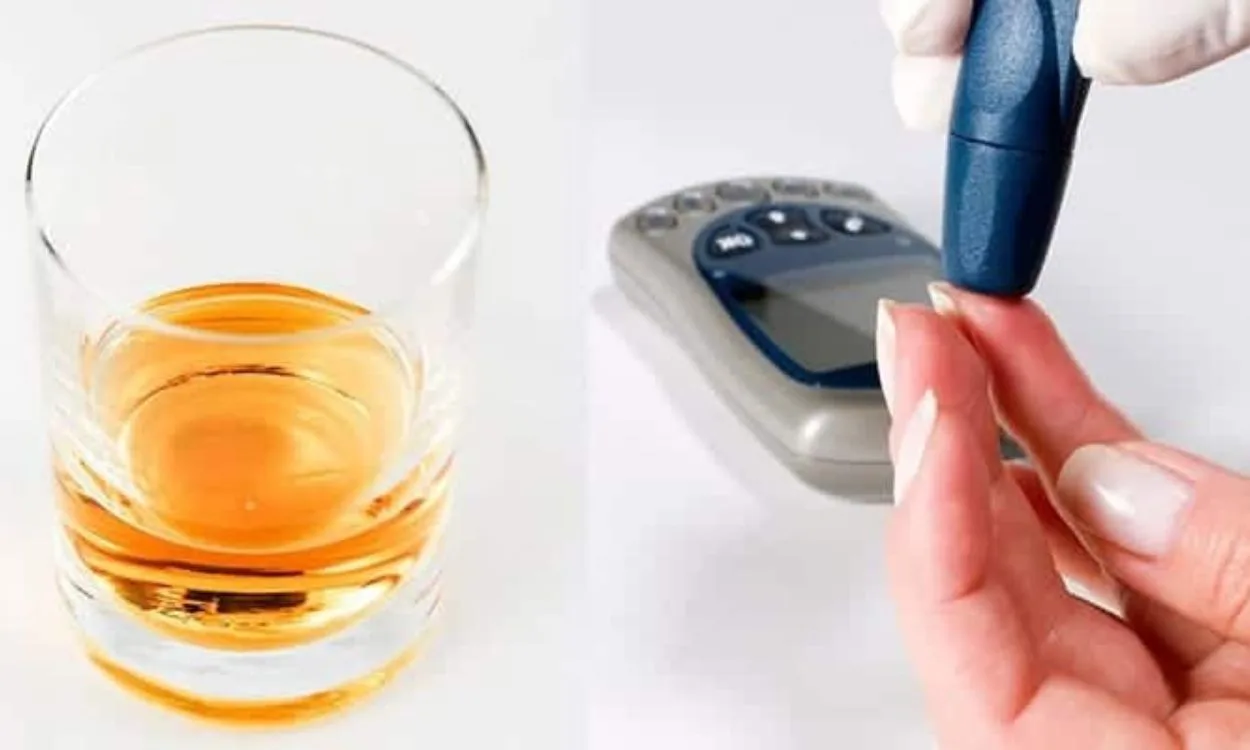
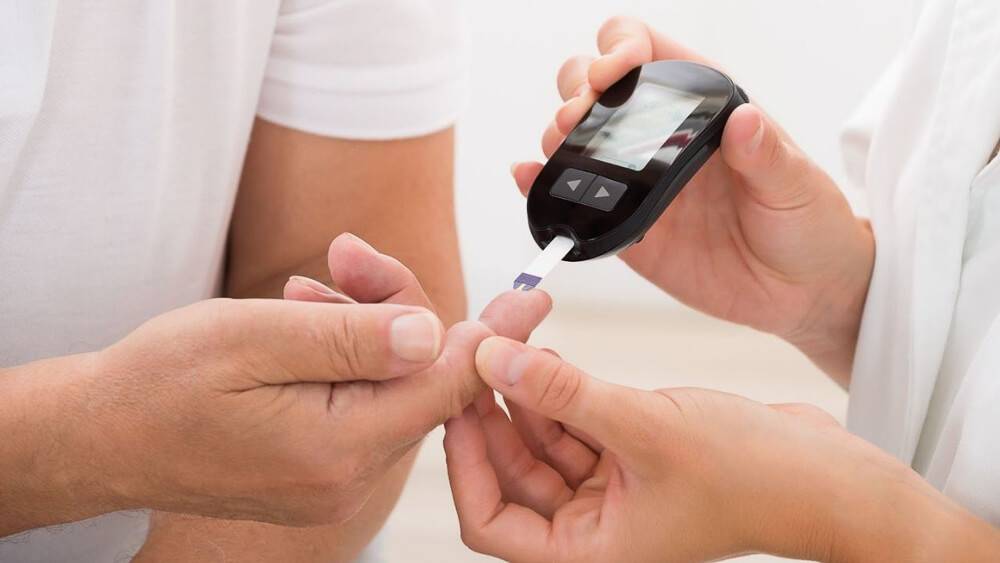
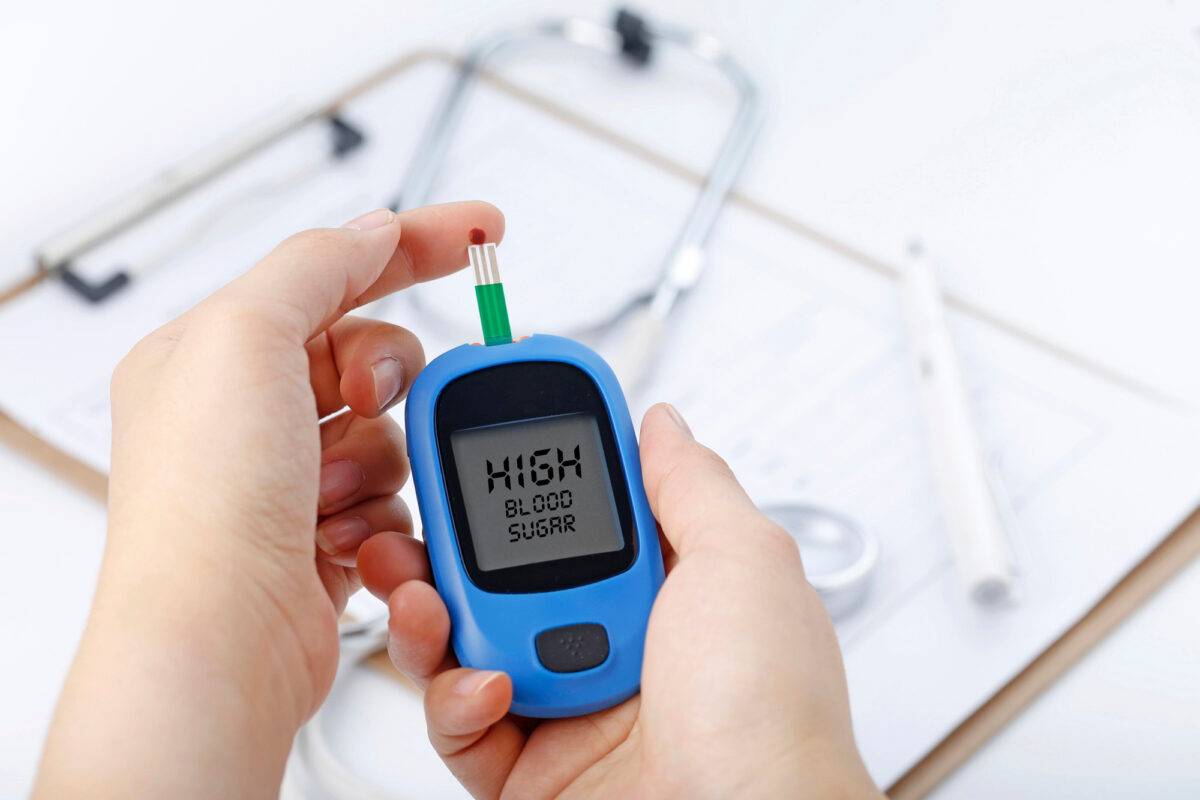
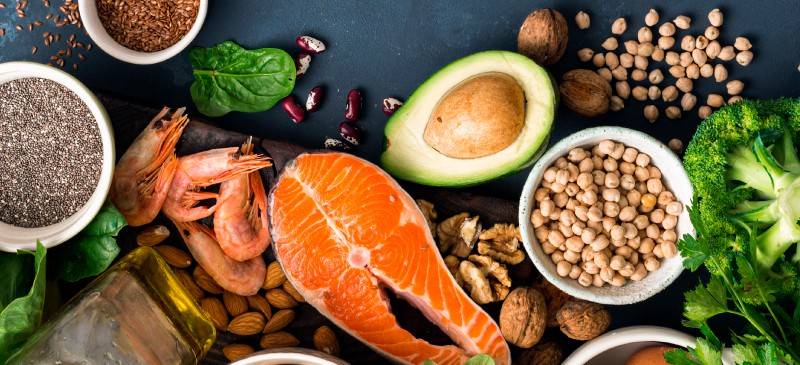

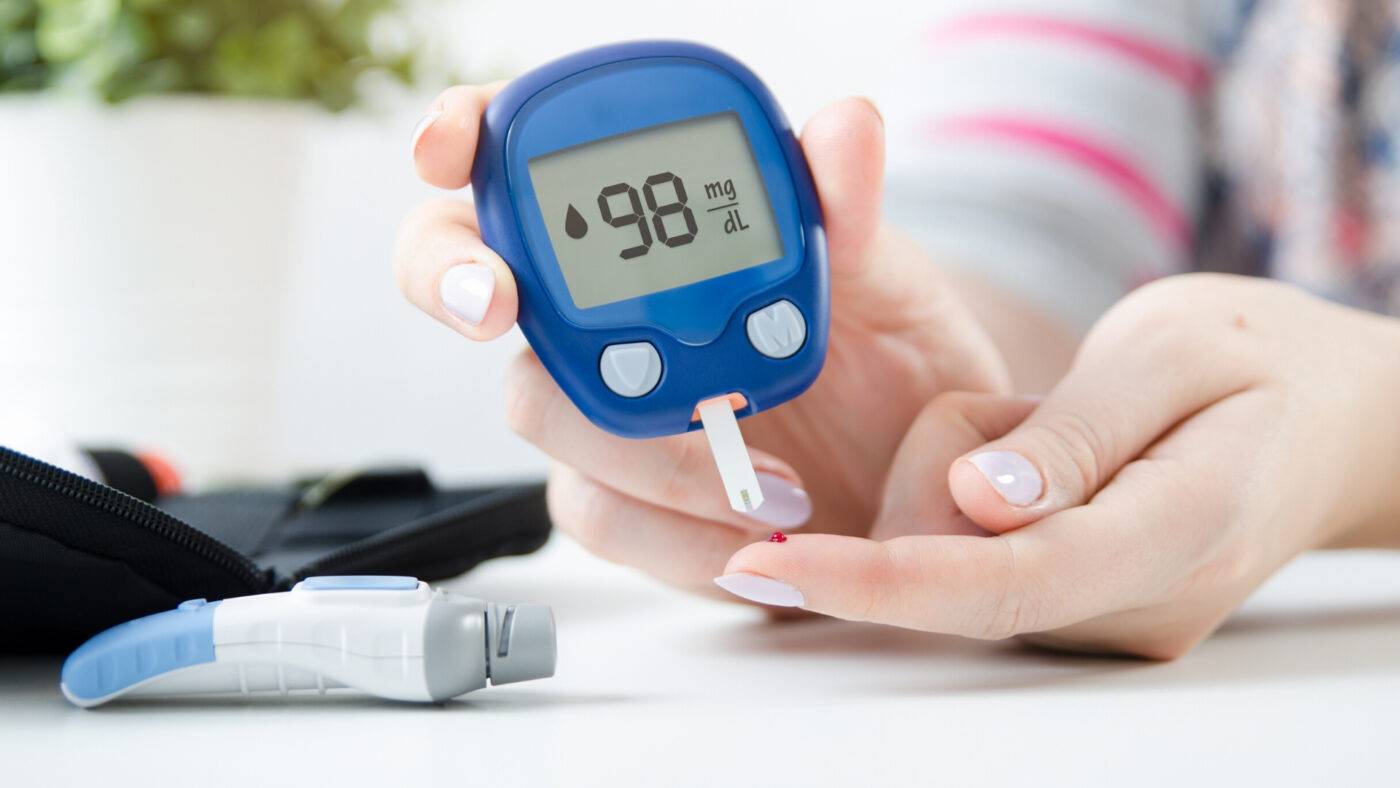





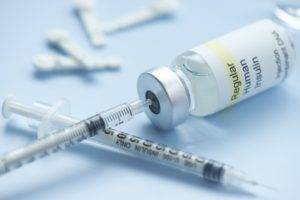
Hello! this post is awesome, great information and all-important.
Thanks, and yes very important
This post about Weight loss is great.
Stopping sugar can help you lose weight.
Nice post. I was checking continuously this blog and I’m impressed!
Very useful information specially the last part
🙂 I care for such info a lot. I was looking for this particular information for
a long time. Thank you aand best of luck.
I needed this great information on type 2 diabetes, thanks.
You’re welcome, hope it helped.
I like it when I discover life-changing information like this! I need to get rid of my type 2 diabetes!
You can do it!
Hello, after readinhg thjs amazing article i am confident i can overcome my type 2 diabetes.
You can absolutely overcome type 2 diabetes!
I will definitely take your advice on type 2 diabetes. Thanks!
You’re very welcome!
Sugar intake should be controlled when you have type 2 diabetes
Type 2 Diabetes is a potential long-term health risk of sugar intake.
Articles are written by Dr. Spages is useful for individuals with type 2 diabetes.
Type 2 diabetes is a potential long-term health risk of sugar intake.